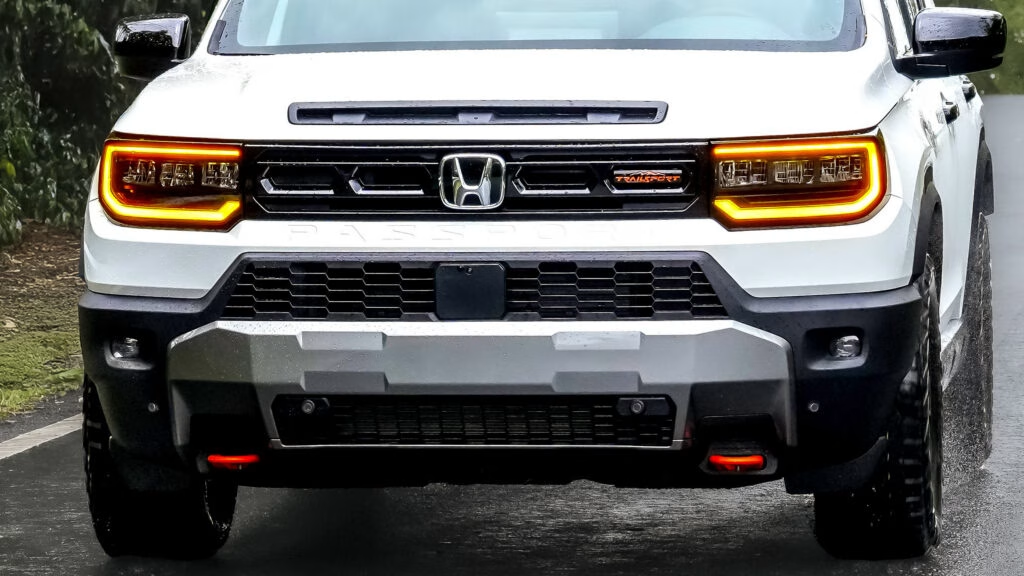Car shopping has taken on a new urgency lately, hasn’t it? With looming price hikes due to tariffs, many consumers are racing to dealerships, eager to snag their dream vehicles before costs skyrocket. This trend has led to a noticeable surge in car sales across various brands, with some manufacturers reporting impressive double-digit increases last month. Let’s dive into what’s happening in the automotive market and what it means for you.
Why Are Car Sales Soaring Right Now?
The automotive industry is experiencing a unique moment. With reports indicating that President Trump’s administration is considering a hefty 25% tariff on imported vehicles and parts, many buyers are feeling the pressure. The fear of paying thousands more for a new car has prompted a rush to purchase vehicles before these potential price increases kick in.
Last month, Hyundai reported a remarkable 19% increase in sales, reaching 81,503 units—its best April on record. Mazda saw a 21% jump, Ford’s sales climbed by 16.2%, and Kia experienced a solid 14% increase. Even Subaru, which typically sees steadier growth, managed a modest 0.3% gain. These figures reflect a broader consumer sentiment: if you’re thinking about buying a car, now might be the time to act.
What’s Driving This Buying Frenzy?
The looming tariffs are certainly a significant factor, but they’re not the only reason people are flocking to dealerships. The pandemic and the subsequent chip shortage have already created a challenging environment for car buyers. Limited new vehicle production means that consumers are increasingly turning to the used car market, which is also seeing price increases as demand outstrips supply.
Take my recent experience as an example. I purchased a used Jeep Cherokee in March, and while the tariffs were on my mind, my need for a reliable vehicle was the primary motivator. However, I couldn’t shake the feeling that waiting could lead to higher prices down the line. It’s a sentiment shared by many—if you need a vehicle, the urgency to buy is palpable.
How Will Tariffs Affect Car Prices?
The tariff situation is fluid, but the implications are clear. If implemented, the 25% tariff could lead to significant increases in Manufacturer’s Suggested Retail Prices (MSRPs). While some automakers have managed to hold the line on pricing for now, it’s uncertain how long that will last. As the market adjusts, prices could climb, making vehicles less affordable for many buyers.
Real-world examples illustrate this point. Companies like Wyze, known for their smart home products, recently revealed that they faced a staggering $255,000 in tariffs on imported floodlights. Such costs inevitably trickle down to consumers, affecting pricing across various sectors, including automotive.
What Should You Do If You’re Considering a Purchase?
If you’ve been contemplating a new or used vehicle, it’s worth weighing your options carefully. The current market dynamics suggest that acting sooner rather than later could save you money. However, it’s essential to ensure that you’re making a purchase that fits your needs and budget, rather than rushing into a decision solely based on fear of rising prices.
Consider your priorities: Do you need a vehicle immediately, or can you afford to wait? If you’re leaning toward a used car, be prepared for potential price hikes there as well, as demand continues to rise.
In the end, whether you’ve already made a purchase or are still weighing your options, the key takeaway is clear. The automotive market is in a state of flux, and while tariffs are a significant factor, your personal needs should guide your decision-making process.
So, did you rush out to buy a car recently? If so, how did you navigate the current landscape? Whatever your experience, remember that the big takeaway? It isn’t about perfection—it’s about making smarter adjustments. Start with one change this week, and you’ll likely spot the difference by month’s end.

